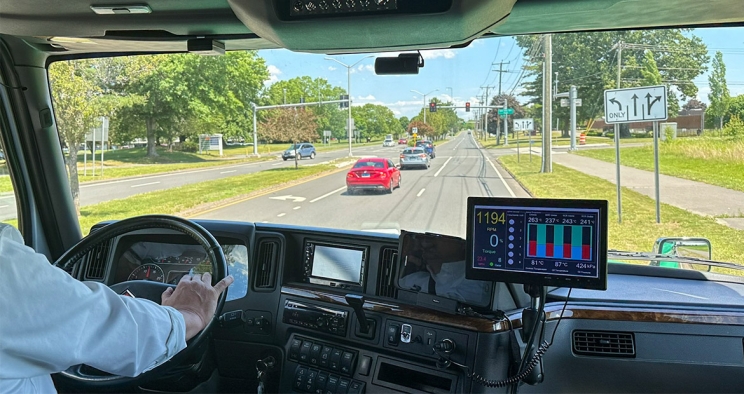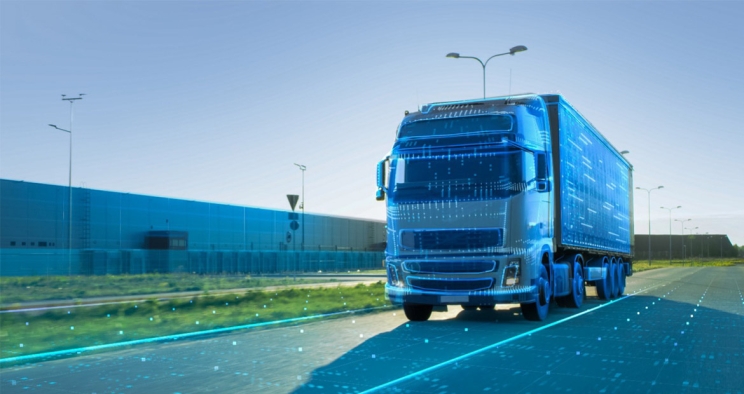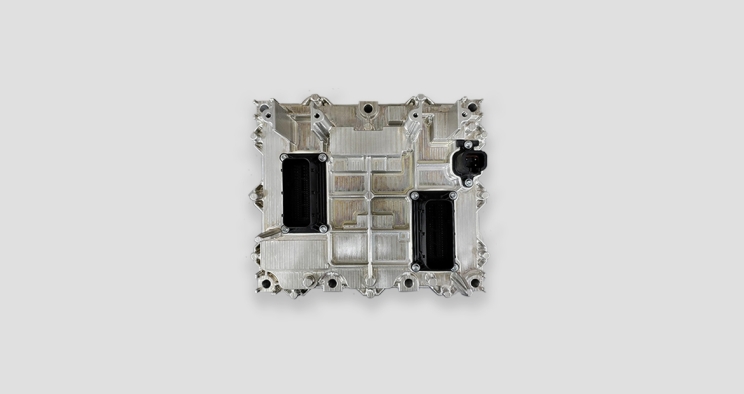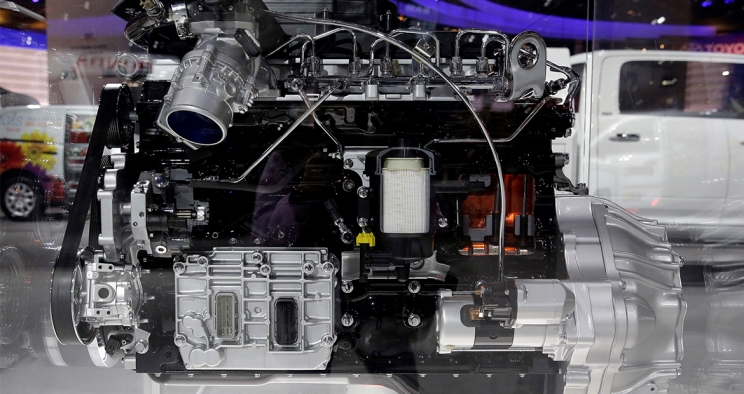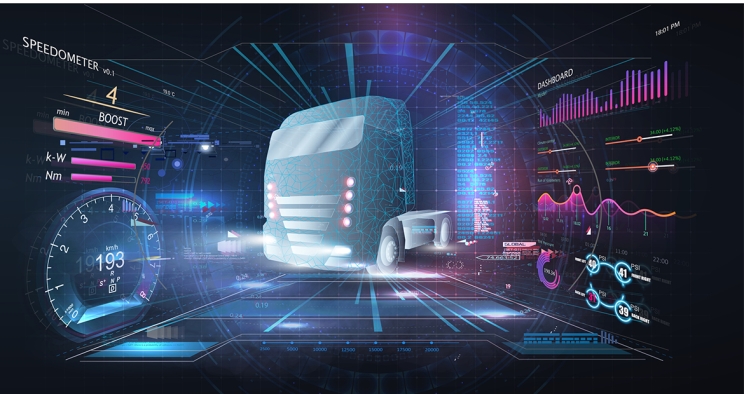Cummins Inc. está comprometida con la sostenibilidad y la administración ambiental al enfocarse en tecnologías innovadoras, eficiencia operativa y esfuerzos de colaboración. Esto se logra a través de Destination Zero, la estrategia de Cummins para alcanzar cero emisiones. Este camino requerirá innovación y avance en cada componente para ofrecer productos potentes y confiables a nuestros clientes que les ayuden a cumplir y
Cummins Valvetrain Technologies informa resultados positivos de más pruebas en carretera de su tecnología de desactivación de cilindros Jacobs® (CDA), que está diseñada para mejorar el rendimiento ambiental y económico de los vehículos de carretera pesados. Se devolvió un ahorro de combustible del 2.76 por ciento en la primera prueba de consumo de combustible estandarizada SAE J1321 (Society of Automotive Engineers) de Jacobs® CDA, u
La sostenibilidad en la industria del transporte es un objetivo fundamental para Cummins Inc. Nos hemos comprometido a liderar la industria a través de la transición energética con Destination Zero, nuestra estrategia para alcanzar cero emisiones. Con un enfoque en reducir el impacto ambiental a través de tecnologías y prácticas innovadoras, Cummins está aprovechando su experiencia tecnológica para guiar a la industria hacia un
Fuel Cell Electric Vehicles (FCEVs) and Battery Electric Vehicles (BEVs) are at the forefront of advancing towards a more sustainable transportation industry. That is why, many manufacturers around the world are investing in both FCEVs and BEVs to develop technologies for lower emissions for commercial transportation. From fuel cells for long-range heavy-duty applications to battery electric drive
The adoption of gaseous fuels like hydrogen and natural gas is becoming increasingly popular in commercial transportation. Both technologies help reduce emissions and provide worthy alternatives for meeting sustainability goals, especially for heavy-duty cycle trucks. There are, however, two safety considerations to keep in mind when using natural gas and hydrogen technology due to the high-pressu
The transportation industry's shift towards cleaner operations is a key goal in the future of energy transition. As businesses find ways to achieve this goal, vehicle software is increasingly becoming crucial in leading the charge. We have discovered the many roles that vehicle software plays in helping reduce emissions and we have also delved into the many benefits software offers OEMs. This arti
The engine control module (ECM) is a critical component in the fuel delivery system in diesel, natural gas and hydrogen vehicles. This article looks at the role of ECMs in the fuel delivery systems across various fuel technologies like diesel, natural gas and hydrogen. As we examine modern fuel systems and fuel delivery systems, we will see how ECMs work with fuel delivery systems to keep vehicles
The fuel system is a critical part of any engine, playing a pivotal role in powering vehicles efficiently and effectively. As fuel technologies evolve, a better understanding of the fuel system enables Original Equipment Manufacturers (OEMs) to meet their emission goals, optimize vehicle performance, ensure safety and comply with regulations. The fuel system is part of the powertrain and
The commercial transportation industry is undergoing a significant transformation, driven by the global push to reduce emissions. In parallel, our customers and fleet operators are trying to achieve more sustainable operations through improved fuel economy and efficient performance. As fuel technologies evolve, it is crucial to understand how Electronic Control Units (ECUs) will evolve to support
Battery Electric Vehicles (BEVs) and Fuel Cell Electric Vehicles (FCVs) are vital to the transportation industry's move toward more sustainable operations. Both are low emission vehicles that run on electric power. Battery Electric Vehicles operate using energy stored in batteries, while Fuel Cell Electric Vehicles are powered by a fuel cell that creates electricity using hydrogen as a fuel, with
Cummins Turbo Technologies' big step towards reducing emissions CEC (Cummins Engine Components) launched its first e-compressor for fuel cell engine in Wuxi, China on Feb 1, 2024. This is a new milestone for Cummins Turbo Technologies and a big step forward in Cummins Inc.'s Destination Zero strategy for reducing carbon and other emissions. Destination Zero is Cummins' strategy to go further, f
What are virtual sensors and how are they different from traditional sensors? Virtual sensors are an emerging software-based technology that can make a big difference in how we monitor and manage engines and vehicle performance. Unlike traditional sensors, which are physical pieces of hardware that need to be installed in specific places within the engine to work, virtual sensors work by

